|
By Brianna Wherein Brianna addresses the perceptions around self-help books, how to pick the right books for you, and how to get the most out of them. This post contains affiliate links; part of the proceeds from purchases through these links comes back to us, which helps keep Busy Nest News going. Thanks! Personal DevelopmentIf you’ve been following us for any amount of time, you’ve probably learned that Ariel and I are a little hooked on self-help books. I used to think self-help books were for people who wanted something about their lives to change without actually doing anything differently. I pictured Bridget Jones, buying stacks of books about getting a man, changing her mind, and then buying stacks of books about being an independent woman. Did she read any of those books, or were they supposed to be motivating to look at? Why try self-help books?Three things changed my mind about self-help books.
Where do you start?As I began investigating self-help books, I started with psychology, rather than the 90s-era fad books that had put me off the genre before. I now have some favorites in this area, including Mindset, by Dr. Carol Dweck, and Blink and Outliers, by Malcolm Gladwell. Mindset really drove home that any skill can be learned. This is changing how I see myself and parent my child, which will no doubt change my life in the long run, but I wouldn’t proclaim to people that this book has “changed my life” just yet, since for now it mostly looks the same. Gladwell’s Outliers is the book with the famous 10,000 hour rule. This particular assertion has been debunked as a bit of an oversimplification. That much practice will make anyone better at anything, but it might not make them world-class, as Gladwell initially claimed. And all of that practice does not have to happen at once, but can occur over a lifetime. More recent research indicates that how you spend all of that time matters more than the time itself. Nevertheless, the message that time and focused effort can make you better at something really stuck with me. If you agree that message, maybe it's time to give self-help books another look. How do you pick a good self-help book?So, having learned that I CAN learn just about anything, and that all popular psychology books should be followed up with a healthy dose of my own research, I moved on to other areas. These included personal finance, personal relationships, leadership, business, and of course, parenting. Some books looked promising and still exceeded my expectations, while others really disappointed me. Since I can keep these at arm’s length and say “Um, no, I disagree with everything in this book,” or “Oh, that kind of makes sense,” I won’t stop reading anything that looks good. But if you want to save yourself time, check out our reviews to learn more about what’s in these famous books, and see if you think they are worth the read. If you can’t get enough of this genre, like us, here are four things to look for when selecting a self-help book:
What should you expect from a self-help book?So you think you found a good book. What can you expect from reading it? If you’re going into the book with the expectation that reading it will change your life right away, slow down. It’s a book, written by another flawed human. Maybe it will help you in some way, but maybe nothing will change for you. In order for a self-help book to “work,” you need to be willing to do a few things:
I can’t express enough how important those points are. Every book is an opportunity to learn and stretch your thinking, even books that are duds. Ariel and I recently read a book that had amazing reviews on Amazon, it was written by an actual medical doctor, she had done lots of research, and everyone who reviews parenting books seemed to love all of her works. We did not get much out of it. Not nothing, but not much. That’s ok! We went into the book with different assumptions and desires than the people who loved it. But when you run into this yourself, ask yourself what you didn’t like about the book, and learn from the experience. Did it tell you some truth that made you uncomfortable? Did its facts make you angry or sad? Did you disagree with the author’s assumptions? Perhaps a book about success has different assumptions about what success looks like than you do. That’s good! You just learned that about yourself! There is recent evidence that reading self-help books might actually make you more anxious or depressed. I get that. Some books tout following a few very simple steps, in hopes that the universe will notice and make your life better. If (when) this doesn’t happen, the readers of these books feel like they’re somehow unworthy, or not wishing hard enough. Other people read books with steps or suggestions to help them with particular problems, but they can’t or won’t follow the advice contained in the book. They say they’re on this program, but if they’re being honest with themselves, it just isn’t sustainable for them. My suggestion to solve this problem is this: try the program for real for a while. If, after a set amount of time, you haven’t seen change or don’t think you can keep it up, then stop. Evaluate what went wrong. Maybe this program doesn’t fit your life. Maybe it isn’t solving the root cause of your problem, just the symptoms. Don’t beat yourself up for flunking the program in some stranger’s book. Learn from it. Always be learning. If you can’t help but take it personally when a program designed by another imperfect person doesn’t help you, take a break from self-help books for a while and try to make the best decisions you can on your own (which is what you were doing before anyway). More of our favoritesThese are some of our favorites from the self-help genre. Check them out, and then come back here and let us know what you think! Also, we'd love to hear from you on social media. Check beneath this gallery for those links, and sign up for our newsletter while you're down there.
0 Comments
Leave a Reply. |
AuthorsAriel and Brianna are friends who met while working in a library. Now they collaborate to develop life-enhancing book club experiences. Archives
June 2023
Let's keep in touch!Categories
All
|
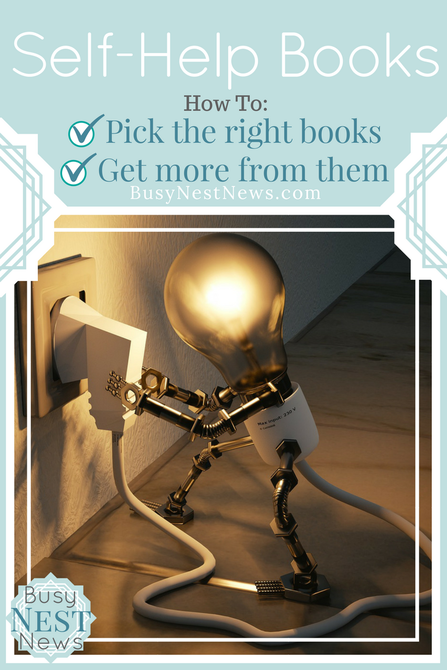
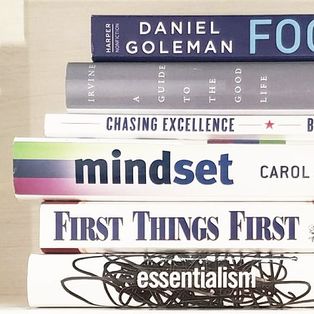

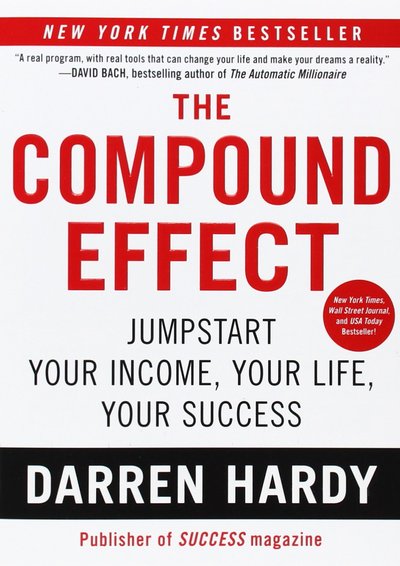
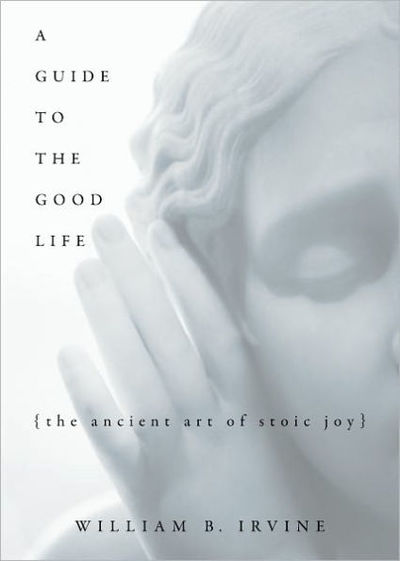
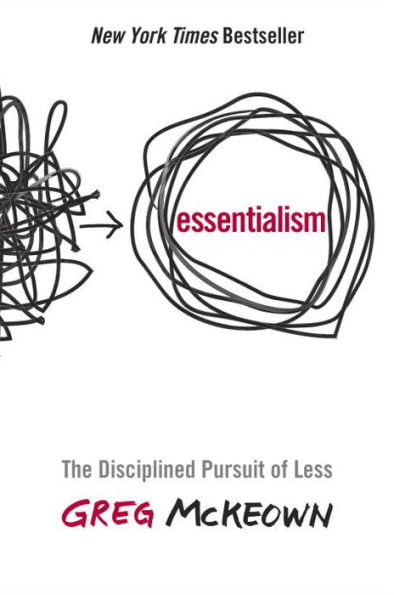

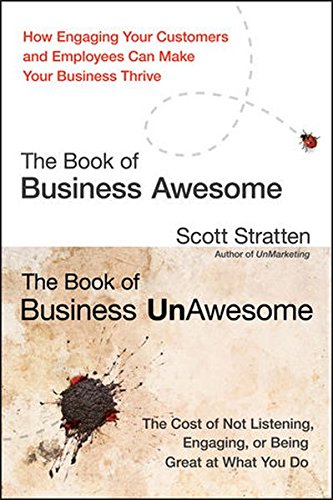
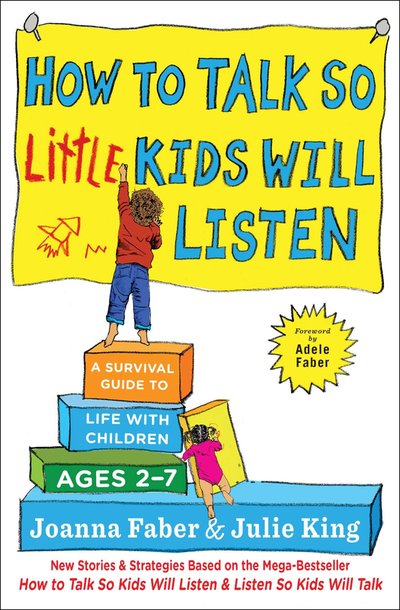

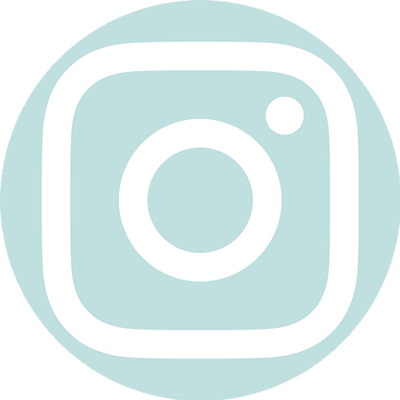



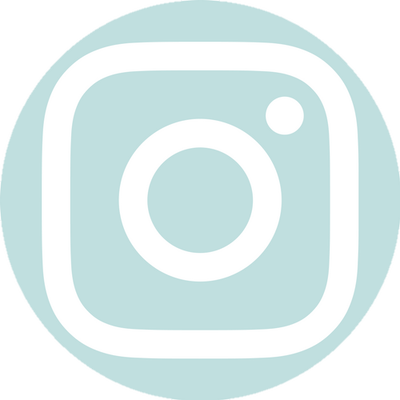


 RSS Feed
RSS Feed